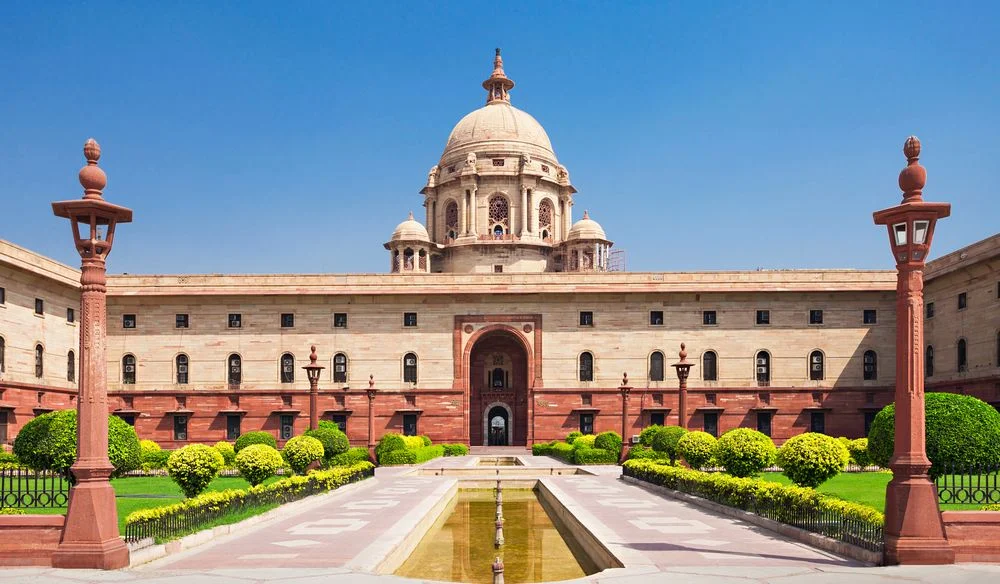
While there was a calculated guess about the number of international travellers and migrants around the world in 2050, the world surpassed these projections by a lot, currently holding almost 272 million migrants in different corners of the world. While a lot of people migrating to other countries are doing this for work and to better their prospects, not all of them have the opportunity of taking their families with them. One of the processes that people go through when in other countries is applying to update their nationality, which makes it easier for their jobs and other requirements. However, since they have to travel back home, it can get a bit tricky since they cannot always go through simple visa processes when they have a foreign nationality.
Additionally, most of these people have to travel multiple times, making the process even more tedious.
What are several South Asian Governments doing to aide migrants when they are making their way home?
According to the Home Ministry's annual report for 2018-19, there are a total of 32,53,912 foreign nationals registered as OCI cardholders, with 4,14,906 OCI cards already issued in place of Person of Indian origin (PIO) cards till March 2019. PIO cards were distributed according to the previous system and later updated to OCI cards.
The NVR Seal and soon to be a sticker, for security reasons, is provided to people who can prove their origins to the country. Furthermore, people who do not have roots leading to the country but are related to people that do, either spouses or children are also entitled to an NVR Seal if they choose to apply for one.
Additionally, most of these people have to travel multiple times, making the process even more tedious.
What are several South Asian Governments doing to aide migrants when they are making their way home?
The process followed in India.
The Indian Government created a system called the Overseas Citizen of India card which had to be carried along with their passport when travelling. It allows foreign nationals to make their way into the country if they were of Indian origin, without needing to apply for a visa. They could apply through the Indian missions available across all countries around the world. The process is quite straight forward and allows for them to receive it in about a month.According to the Home Ministry's annual report for 2018-19, there are a total of 32,53,912 foreign nationals registered as OCI cardholders, with 4,14,906 OCI cards already issued in place of Person of Indian origin (PIO) cards till March 2019. PIO cards were distributed according to the previous system and later updated to OCI cards.
The process followed in Pakistan.
The National Identity Card for Overseas Pakistanis is a computerized National Identity Card issued to workers, emigrants, citizens, or Pakistanis holding dual nationality or looking to make their way into the country without having to keep applying for a visa. NICOP was put together by NADRA in 2002 as a project of mutual resolve between the Overseas Pakistanis Foundation, the Ministry of Labour & Manpower, and the Ministry of Interior. Currently, 8.8 million Pakistanis are living abroad, bringing in approx ₨ 2137 billion.The process followed in Bangladesh.
Bangladesh did not create cards for their migrants but instead, worked on giving them stamps. These stamps are added to foreign passports and last the validity of the travel document without needing renewal. Currently, an estimated 10 million Bangladeshis are working abroad. While the majority of them are working in low-income jobs, there are some holding, high positions. Annual remittances received in Bangladesh through these migrants is approx 15.4 billion dollars according to a report in 2015.The NVR Seal and soon to be a sticker, for security reasons, is provided to people who can prove their origins to the country. Furthermore, people who do not have roots leading to the country but are related to people that do, either spouses or children are also entitled to an NVR Seal if they choose to apply for one.
